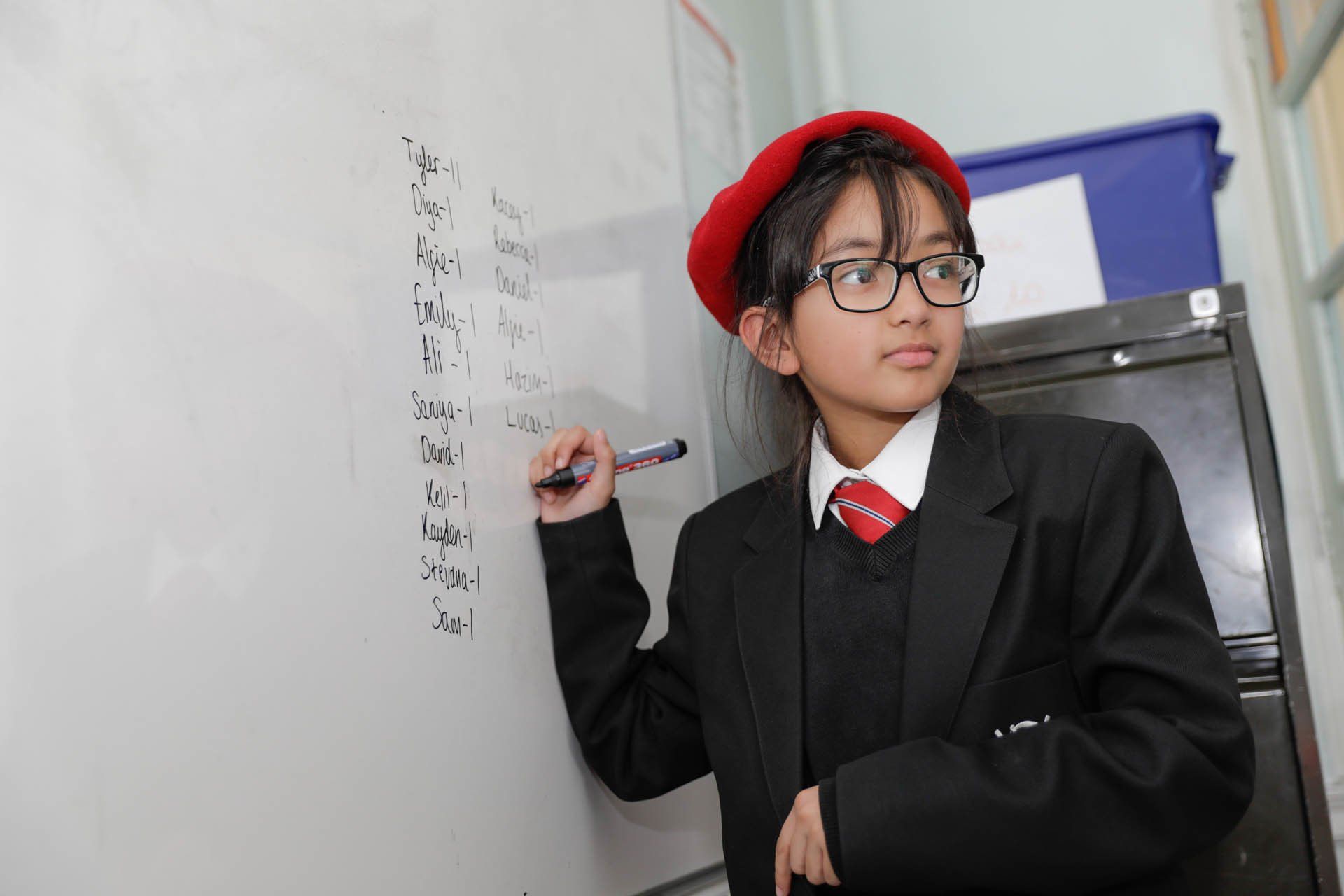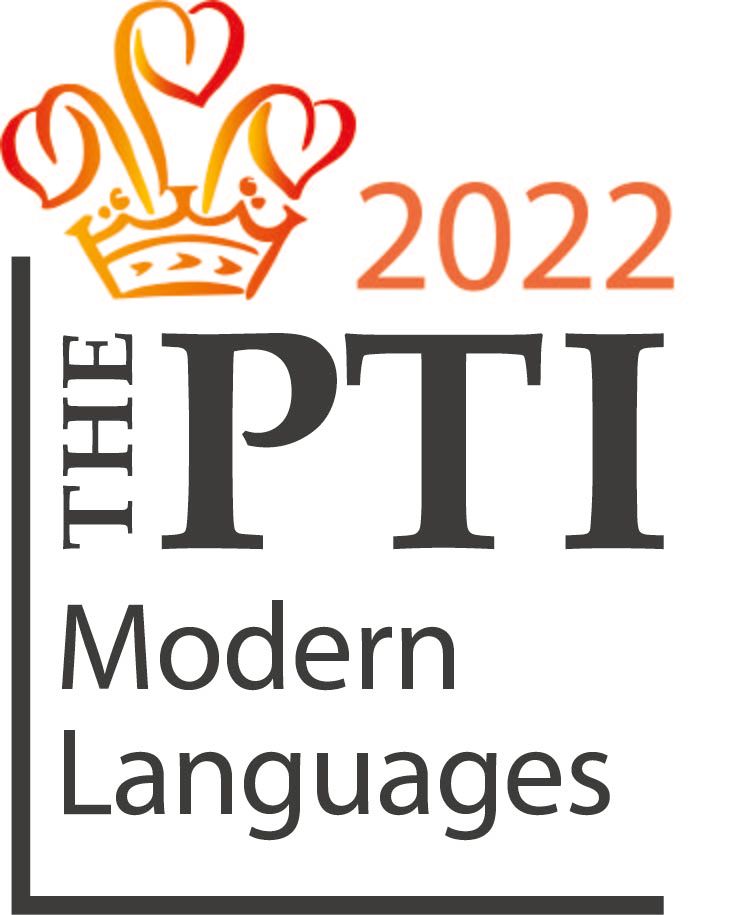
Modern Foreign Languages
Dance
Button
Subject Leader: Miss C Thomas
Subject Leader for Green Lane: Mr J Prendergast
Subject Leader for Lymington Fields:
Mrs L Oukenze
The curriculum at Robert Clack School is designed as a 5+ year map with a clear philosophy focused on knowledge-rich lessons and modules. The curriculum is evidence-informed, diverse, and accessible, catering to the needs of all students. The aim is to empower students to become independent language learners.
French is experienced from Year 7, with a strong foundation in phonics, grammar and tenses at Key Stage 3. At Key Stage 4, students specialise in French, following the AQA syllabus, and have access to extensive study materials. At A-Level, students have the opportunity to master French, covering various topics and texts.
In addition to French, the school offers other foreign language GCSEs through our Community Languages program.
KS3: The KS3 curriculum at Robert Clack School has been redesigned to align with the 5 Year+ Curriculum Map. It incorporates the Conti EPI approach, focusing on extensive processing instruction and emphasizing listening skills. Collaboration between KS3, KS4, and KS5 teachers ensures skill foundations are established and introduced at appropriate stages. The curriculum is knowledge and vocabulary-rich, supports diverse representation, and addresses accessibility guidelines. Independent learning is fostered through online platforms such as The MFL Hub, Blooket,Quizlet, and Google Classroom. The introduction of MARS-EARS activities with Sentence Builders has shown promising results. Numeracy links and British Values are integrated, and thematic connections exist between KS3, KS4, and KS5. The curriculum prioritizes meaningful knowledge sequencing for students to make connections.
KS4: At KS4, Robert Clack School offers a 2-year program that incorporates various resources and strategies. We provide a checklist called the PLC for students to track progress, use resources from NCELP, Oak National, and in-house materials. Knowledge Organisers are available for independent study on our MFL Hub website. Past paper questions are used to align with exam board demands. Lessons include phonics, vocabulary, grammar, listening/reading, translation, speaking, and guided writing. Exam skills are taught using Exam Pro, and Quizlet/Blooket sets are designed for each topic. Numeracy links are incorporated, and the MFL Hub website supports independent study with various interactive modules. The curriculum is evidence-informed, with input from LBBD Network and training in the EPI method. Primary school outreach and collaborative work with PTI contribute to curriculum development. Student Voice and exam performance analysis inform curriculum adjustments. British Values are embedded, and the curriculum promotes knowledge building, meaningful connections, diversity, and accessibility. The school aims to create independent learners and enrich cultural capital through enhanced extracurricular provision.
KS5: In Year 12 (A Level), topics covered include family evolution, cyber society, volunteering, heritage, music, cinema, subjunctive, pluperfect, past conditional, past historic, complex structures with subjunctive or 'si' clauses, idiomatic expressions, and various pronouns. Exams consist of Paper 1 (listening, reading, writing, and translation) and Paper 2 (writing an essay on literature or film and translation), as well as a speaking component. Vocabulary memorization, learning essay phrases, timed essay practice, film analysis, and preparation for speaking tasks are emphasized.
In Year 13 (A Level), topics include criminality, political engagement, strikes, politics and immigration, multicultural society, marginalised people, passive voice, imperfect with perfect, future perfect with conditional past, complex structures with subjunctive or 'si' clauses, idiomatic expressions, and various pronouns. Exams include Paper 1 (listening, reading, writing, and translation in both French and English), Paper 2 (writing two essays on literature and film with quotes, balanced opinions, and essay phrases), and Paper 3 (speaking involving photo card and an individual research project presentation with unpredicted questions). Revision of Year 12 learning, vocabulary memorization, essay practice, film analysis, and independent research project preparation are important.
-
Key Stage 3 Resources
-
Key Stage 4 Resources
-
Key Stage 5 Resources
-
Revision Links


